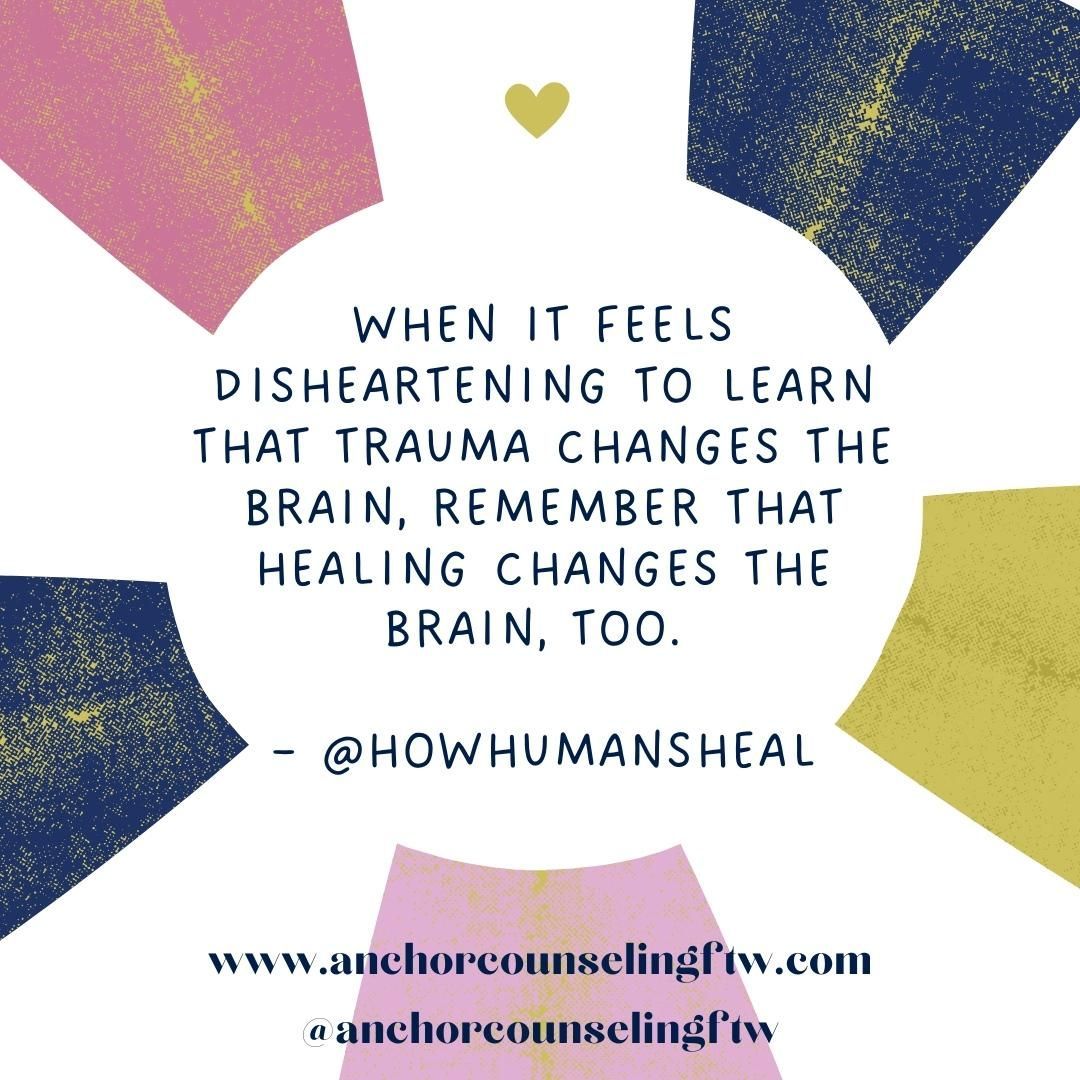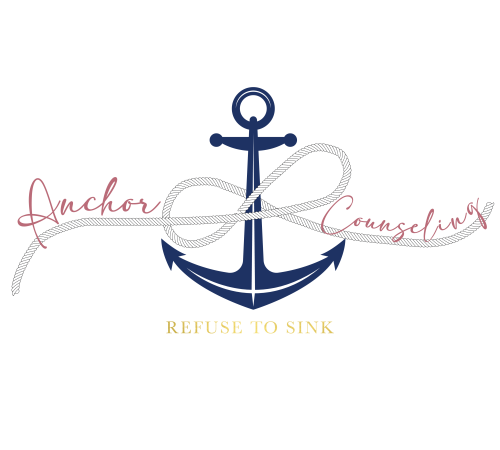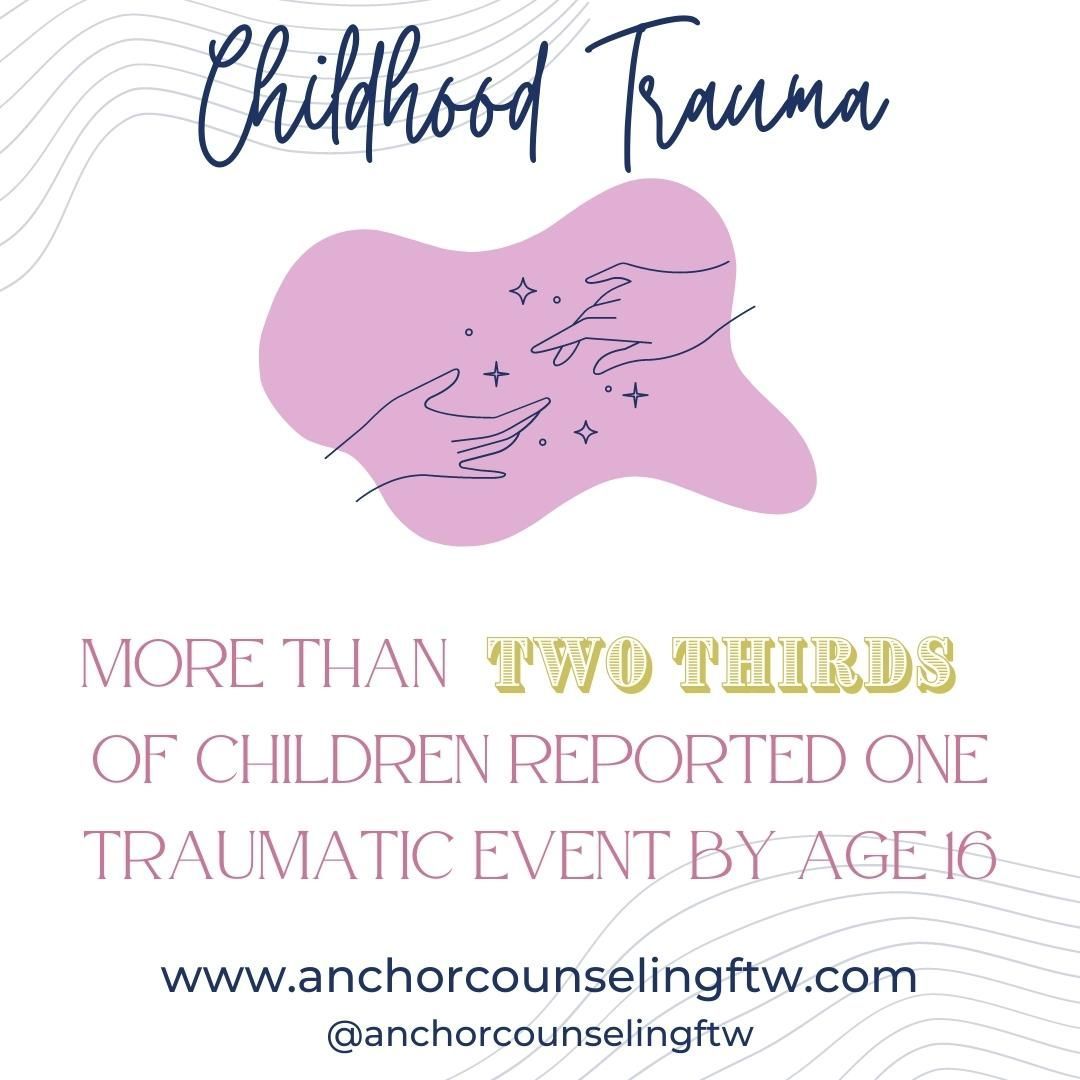
Trauma
Most of us have had some form of trauma in our lives, and it often occurs before we are considered adults. Some children do not have any adverse effects from their experiences while others do. This can be difficult, especially when we are not old enough to process what is happening. If left untreated, it can cause problems for the rest of our lives, affecting many different aspects. The good news is that we are able to work through our traumatic experiences and overcome them. The most important part of recovery is that the child has a supportive, understanding and caring support system.
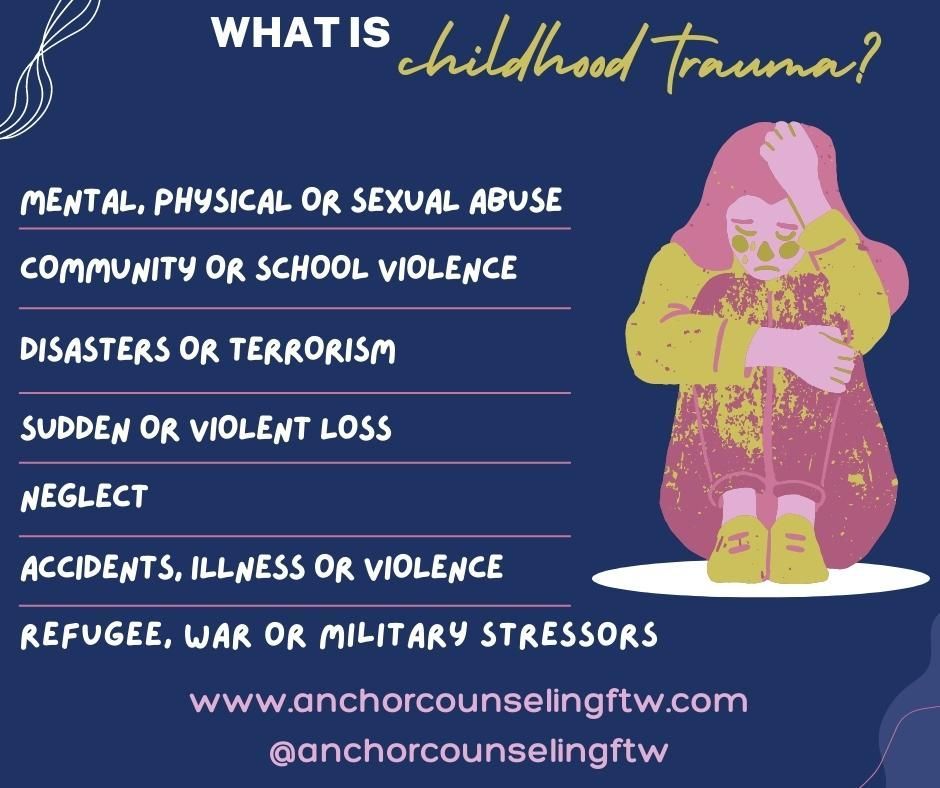
Childhood Trauma
Childhood trauma can happen to anyone for many different reasons, some even suffer from multiple traumas before they are an adult. There are also several types of traumas that are out of anyone's control such as natural disasters, accidents, illness or death. There are several things that a loved one can do to help a child that has recently been involved in a traumatic event. Make sure that the child understands that they are safe, explain that they are not responsible for the event, be patient with them and the speed they are willing to work on things and lastly, seek the help of a professional if you feel it is necessary. Remember that having a good support system can make the difference to a child that is scared or hurting. We all process and heal differently but being supportive is something everyone can benefit from.
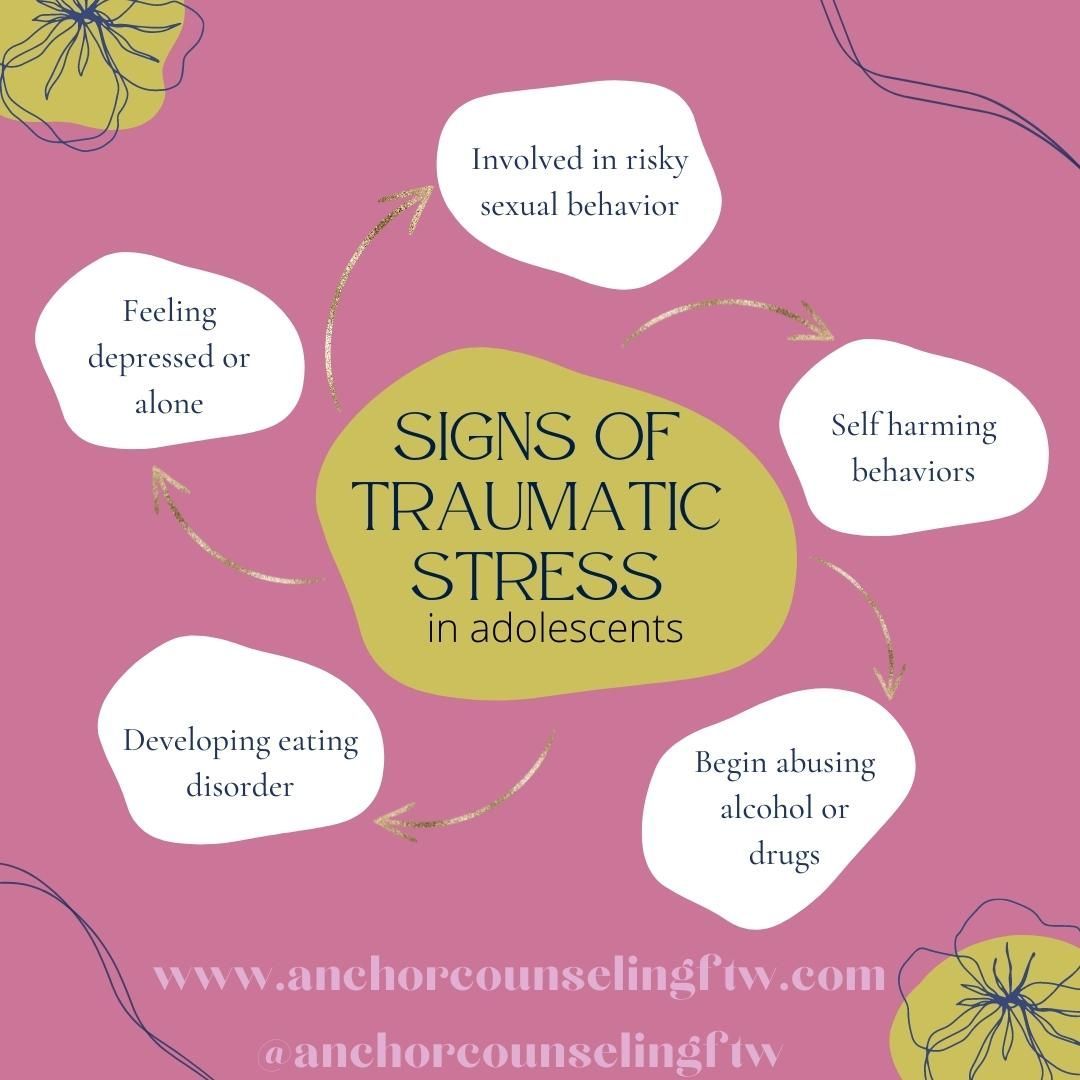
Traumatic Stress
Do you know or believe your child has been through a traumatic event? The signs can be scary and dangerous. Adolescents can cope with their emotions in negative ways when they do not know how to process their feelings. They can engage in risky behaviors to help avoid their feelings or to feel in control of their lives. They may also withdraw from their friends and family if they feel secluded or fall into depression. When a loved one notices these signs it is important to listen to their concerns and be as supportive as you can.
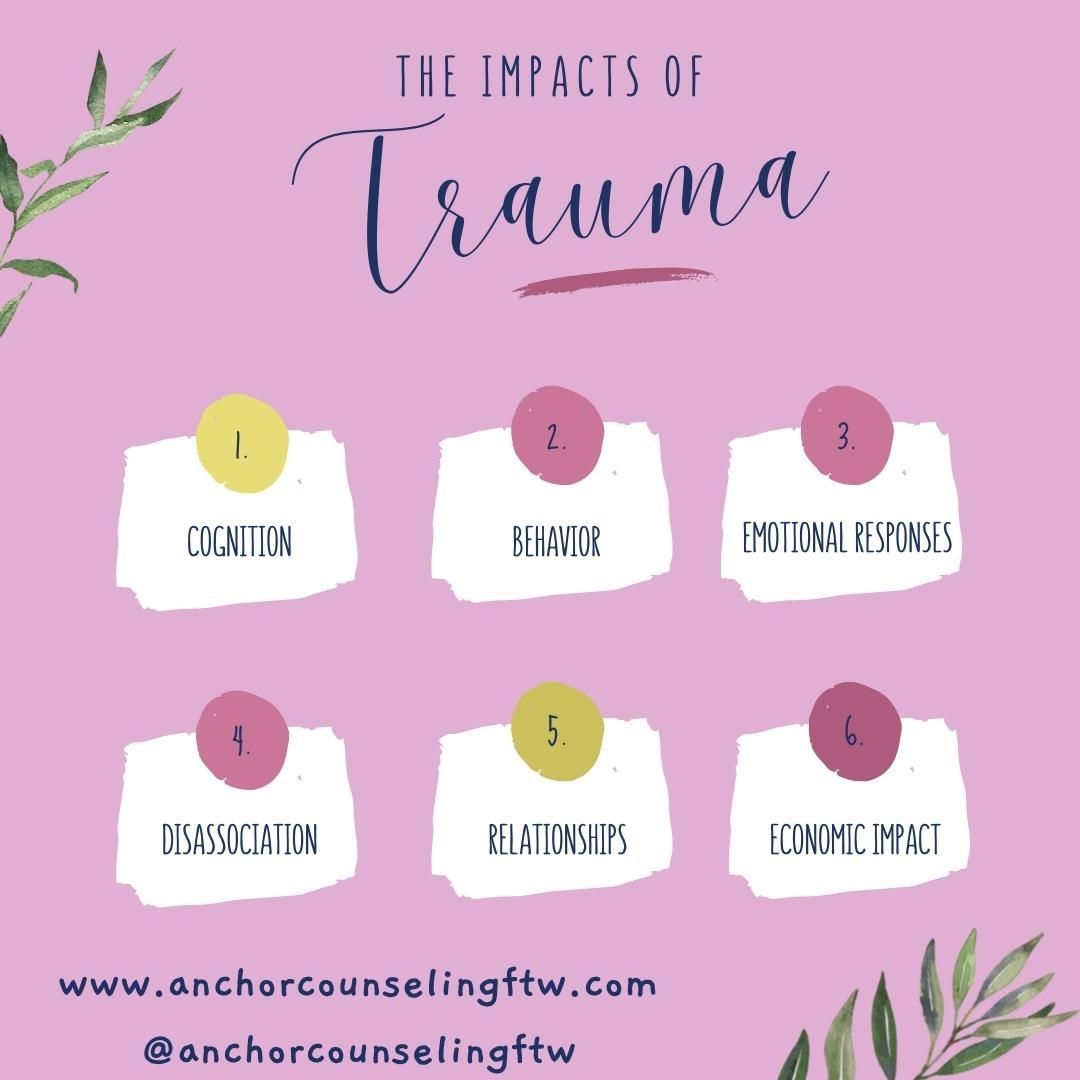
Impact of Trauma
Trauma can affect many different aspects of a child's life which can carry into adulthood. It can change the way our brains function. Repeated threats releases various chemicals into the body that can damage the brain and its development. This can cause issues with cognition and processes information. It should be no surprise that it can also alter the behavior and emotional response of children. They may change these and not even notice. Relationships are also impacted when someone suffers from trauma. Children can become fearful and untrusting depending on the trauma they have endured. Trauma also has consequences for the economy. More help is needed for these individuals whether it be social services, healthcare, criminal justice systems and law enforcement, no name a few. These impacts can be mild or serve depending on the person and the event that took place. No matter what, it takes time and work to overcome these negative effects on a person. The first step in correcting them is to understand that it can be better. We can always change our lives for the better.
